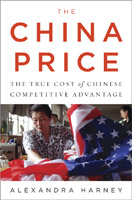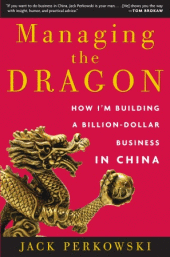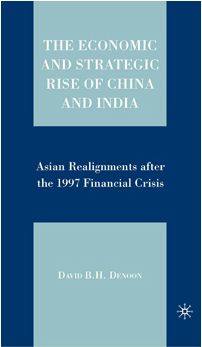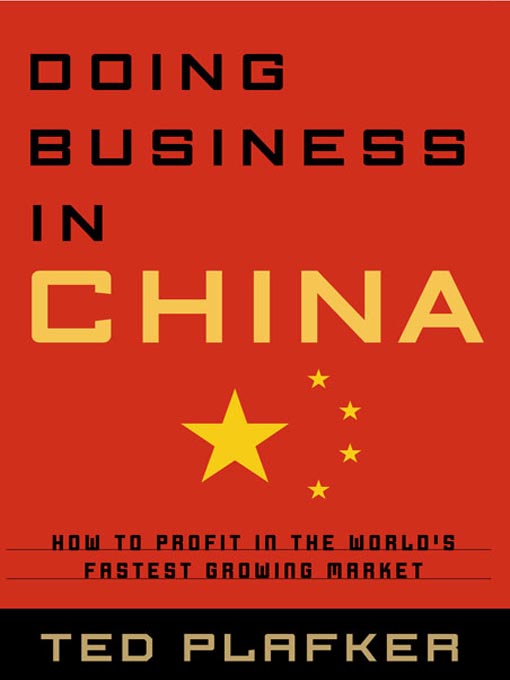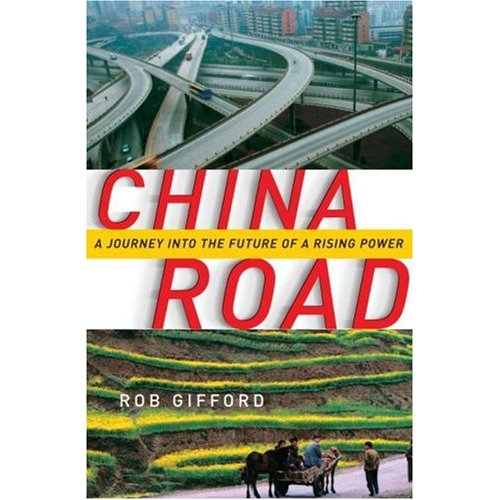To celebrate the release of the English-language edition of a new collection of speeches and writings by former premier Zhu Rongji during his term as vice premier of China, the National Committee worked with the China International Publishing Group, the Brookings Institution, and the Chinese Consulate General on an event at the Consulate on September […]
Alexandra Harney examines some of the reasons why China is able to offer such low prices on its manufactured goods. She also highlights the consequences of the “China price,” including the health and safety of workers and environmental degradation.
Jack Perkowski, chairman and CEO of ASIMCO Technologies, gave National Committee members and guests a snapshot view of his experiences in building an automotive parts business in China.
David Denoon, an economist and political scientist on the faculty of New York University, gave National Committee members and guests an overview of the key findings of his recently published study, The Economic and Strategic Rise of China and India: Asian Realignments After the 1997 Financial Crisis. This public program was held on the evening of January 8 in New York.
Ted Plafker is a Beijing-based correspondent for The Economist. In his book, Doing Business in China: How to Profit in the World’s Fastest Growing Market, he highlights promising economic sectors, provides information on China’s legal landscape, and offers advice on how to promote and distribute products to Chinese consumers, among other topics.
National Public Radio correspondent Rob Gifford traveled along China’s Route 312, from the dynamic metropolis of Shanghai to the remote border region with Kazakhstan. In China Road, Mr. Gifford uses people and scenes from his three thousand-mile trip to illustrate how China’s booming economy has, among other things, generated new opportunities for citizens, prompted a […]
In his book, Rising Star: China’s New Security Diplomacy, Bates Gill, Freeman Chair in China Studies, Center for Strategic and International Studies, traces the shift in China’s security diplomacy to several factors, among them its concern with American primacy in the post-Cold War world, its vision for its own peaceful rise and the emergence of “new thinkers” in China who have provided the theoretical underpinnings for a more pragmatic approach.

